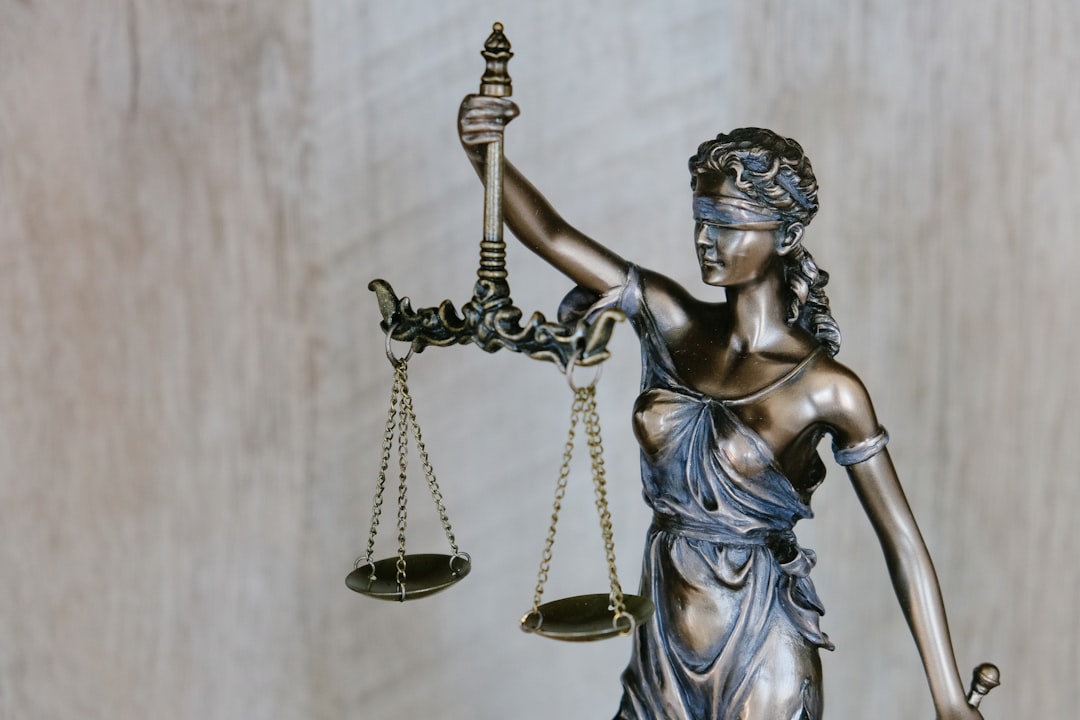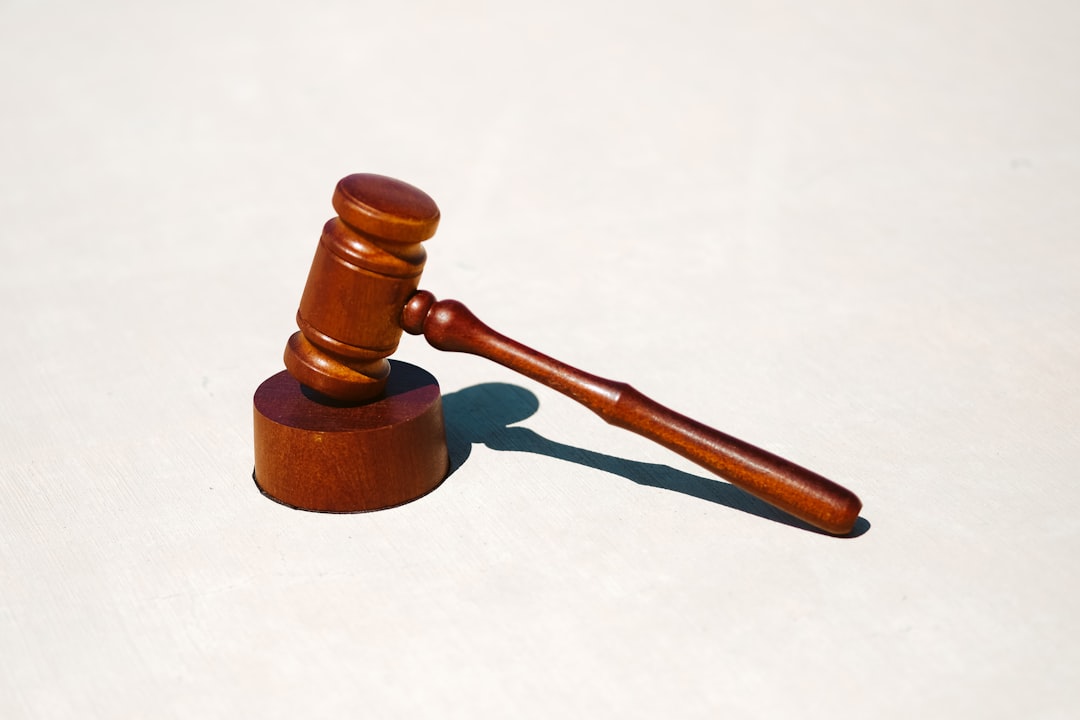Restorative justice programs in Jacksonville schools offer a healing approach to sexual misconduct, engaging victims, perpetrators, and community through dialogue. Florida's sexual assault attorneys support these initiatives, recognizing their potential to rehabilitate students and create safer learning environments. These programs foster empathy, accountability, and positive growth, addressing emotional impacts of sexual crimes on the entire school community. Attorney expertise in state laws safeguards rights and facilitates fair healing processes.
Jacksonville schools are implementing Restorative Justice (RJ) programs to address sexual misconduct, offering a promising approach to healing and accountability. This article explores RJ’s role in creating safer environments, with a focus on Florida’s context, particularly the essential work of sexual assault attorneys. We delve into the effects of sexual misconduct on students, the structure of successful RJ initiatives, and how legal professionals contribute to these programs, ensuring justice and support for all involved.
Understanding Restorative Justice in Schools

Restorative justice is a transformative approach that aims to heal and rebuild relationships within school communities, particularly after incidents of sexual misconduct. It involves bringing together victims, perpetrators, and community members to facilitate open dialogue, accountability, and reconciliation. Unlike traditional punitive measures, restorative justice seeks to address the harm caused by sexual assault while promoting understanding and growth.
In Jacksonville schools, implementing restorative justice programs offers a promising avenue for fostering a safer and more supportive learning environment. By involving both parties in the healing process, these programs encourage empathy, personal responsibility, and positive change. Sexual assault attorneys in Florida often advocate for such initiatives, recognizing their potential to not only rehabilitate but also empower students affected by sexual misconduct.
The Impact of Sexual Misconduct on Students

Sexual misconduct, including assaults and harassment, can have profound and lasting effects on students’ emotional and psychological well-being. Many victims struggle with anxiety, depression, and low self-esteem, which can significantly impact their academic performance and overall mental health. The trauma experienced during such incidents often leads to fear, trust issues, and a sense of vulnerability in school settings, making it challenging for students to feel safe and engaged in their education.
In Jacksonville, Florida, where sexual assault attorneys play a crucial role in advocating for victims’ rights, implementing Restorative Justice (RJ) programs in schools has emerged as a proactive approach to address these issues. RJ focuses on healing relationships and restoring balance within the school community after incidents of misconduct. By facilitating open dialogue between victims, perpetrators, and their peers, these programs aim to foster empathy, accountability, and a deeper understanding of the impact of sexual misconduct on everyone involved.
Role of Sexual Assault Attorneys in Florida

In Florida, sexual assault attorneys play a crucial role in navigating complex legal landscapes surrounding sexual misconduct cases, especially within the context of restorative justice programs. These legal professionals are well-versed in state laws and regulations pertaining to sexual crimes, ensuring that the rights of all parties involved are protected. They guide victims through the often intimidating process, offering support and advocacy.
When restorative justice initiatives are implemented in Jacksonville schools, sexual assault attorneys can contribute significantly. They provide expertise in handling sensitive cases, counseling both victims and perpetrators, and facilitating dialogue. Their presence helps maintain fairness, ensures due process, and promotes healing for all individuals affected by sexual misconduct.
Implementing Effective Restorative Programs

Implementing effective restorative justice programs in Jacksonville schools involves a multifaceted approach that goes beyond traditional punishment. By fostering dialogue and empathy between victims and perpetrators, these programs seek to heal wounds and rebuild trust. Sexual assault attorneys in Florida emphasize the importance of such initiatives in creating safer learning environments. Restorative practices encourage accountability, promote understanding, and offer a chance for all parties involved to share their experiences, thereby reducing recidivism rates significantly.
School administrators play a crucial role in facilitating these processes by ensuring trained facilitators are available to lead sensitive discussions. Education on consent, empathy training, and regular workshops on conflict resolution are integral components of successful restorative justice models. The involvement of sexual assault attorneys can also provide valuable insights into legal rights and the potential implications of misconduct, further enriching these educational experiences.






